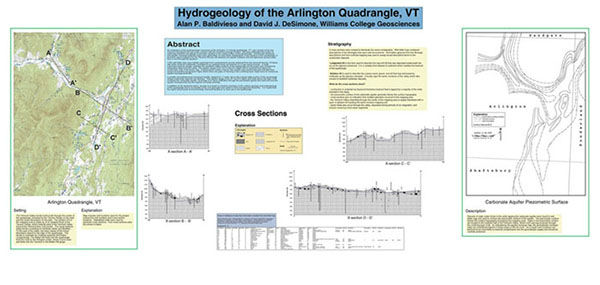Underground Injection Control Rules
(b) These Rules are not intended to affect other existing regulations including, but not limited to, the
Vermont Groundwater Protection Rule and Strategy and rules adopted by the Vermont Department of
Health.
(c) These Rules do not limit the powers of federal, state or local authorities to control existing or potential
threats to human health or the environment.

